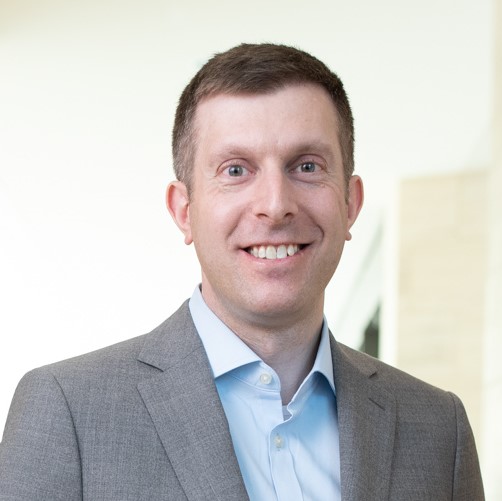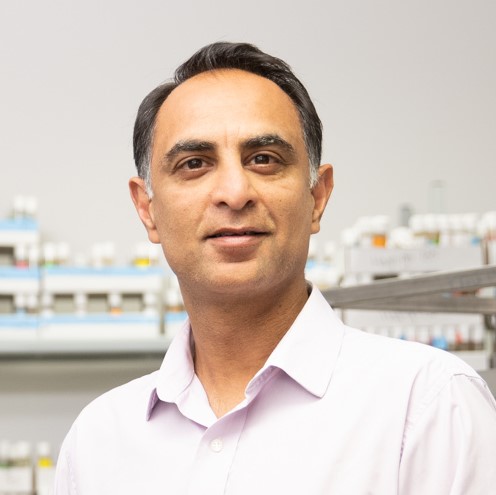GRACE STUDY
RECRUITING JANUARY 2025
Glycation stress is something that happens when sugars get stuck to proteins in our body, getting in the way of their normal function. Buck scientists have developed a combination supplement, GLYLO, that reduces glycation stress in animals. The GRACE Study will test whether daily GLYLO supplementation can reduce sugar-related stress in postmenopausal women.
To participate, fill our the interest form on our clinical trials page
CENTER DETAILS
Participants: Women between the age of 45-65y who have not had a period for more than 1 year.
Dates: Estimated started November 2024, estimated completion November 2025
Duration: Participation in the study will last approximately 6 months
Compensation: TBD
Status: Not yet recruiting
Dates: Estimated start January 2025
Sponsor: The Buck Institute for Research on Aging, through a donation by the Buck Institute Impact Circle
Link: To follow
ID: To follow
Study type: Randomized, parallel group, double blinded
Participants: 30 participants
Last updated: Dec 2, 2024
Number of visits
- One screening visit in clinic
- 3 study visits in clinic
List of study procedures:
- Medical history
- Height, weight, waist circumference
- Vital signs (pulse and blood pressure, etc)
- Fasting blood work
- Urine sampling in clinic
- Daily consumption of study supplement at home for 6 monts
- Study questionnaires
- Physical tests (balance, walking, strength, etc)
- Mental tests (memory, cognition, etc).
You may be eligible if you…
- are a woman
- are between the age of 45 – 65 years of age or older.
- have a BMI at or greater than 27.0 k/m2
- Have pre-diabetes
- have no medical conditions that have changed recently, or medication use that has changed recently
You might not be eligible if you…
- You’ve been through surgical menopause
- Take hormone replacement therapy
- Have diabetes
- Have high blood pressure
- Have hyperthyroid conditions
- have serious and/or unstable medical conditions affecting your heart, liver,
John Newman, MD, PhD

John Newman, MD, PhD, is an Assistant Professor at the Buck Institute for Research on Aging and an Associate Professor in the Division of Geriatrics at University of California San Francisco (UCSF). His career goal is to translate our expanding understanding of aging biology to improve the care and help maintain the independence of older adults. His research at the Buck Institute studies the molecular details of how diet and fasting regulate the genes and pathways that in turn control aging, focusing on the ketone body beta-hydroxybutyrate and how its molecular signaling activities involving epigenetics and inflammation regulate aging and memory in mice.
Dr. Newman is also a geriatrician who cares for hospitalized older adults at UCSF and the San Francisco VA Medical Center, focusing on preserving mobility and preventing delirium.
Pankaj Kapahi, PhD

Dr. Kapahi received his PhD from the University of Manchester, where he worked with Tom Kirkwood. He did his postdoctoral work with Seymour Benzer at Caltech and Michael Karin at University of California, San Diego. He joined the Buck Institute as an assistant professor in 2004.
Dr. Kapahi has published more than 80 scientific papers and holds three current patents. He has been recognized for his scientific excellence with many awards, including the Eureka Award from the National Institute on Aging, a New Scholar Award from the Ellison Medical Foundation, a Glenn Award for Research in Biological Mechanisms of Aging, the Nathan Shock Young Investigator Award, and the Breakthrough in Gerontology and Julie Martin Mid-career awards from AFAR. He currently serves on the editorial board of Aging Cell, Aging, and PLOS Genetics. Dr. Kapahi also initiated the first master’s degree course in gerontology at the Buck Institute.
